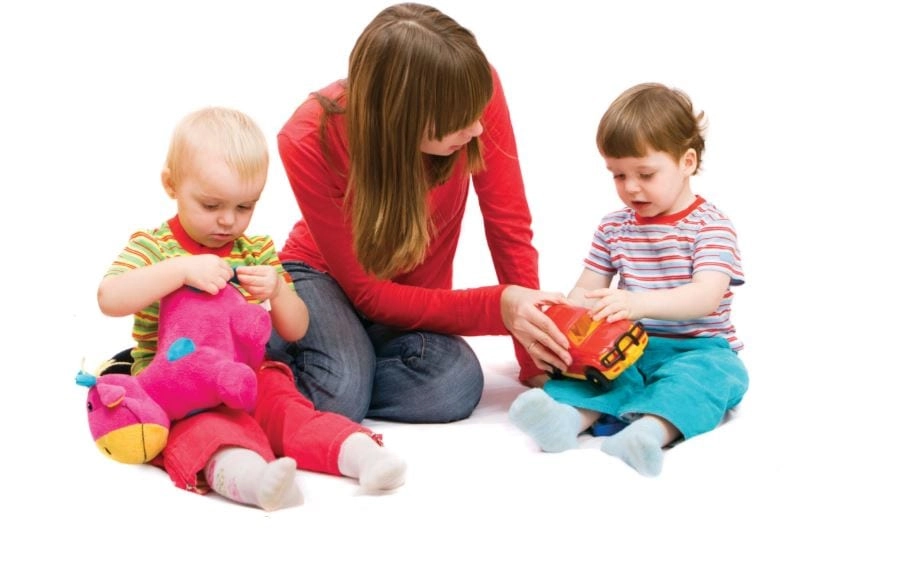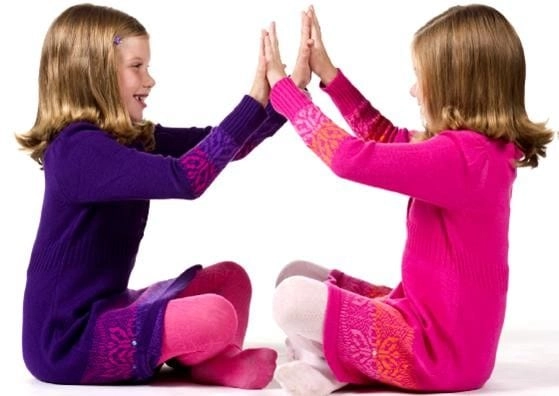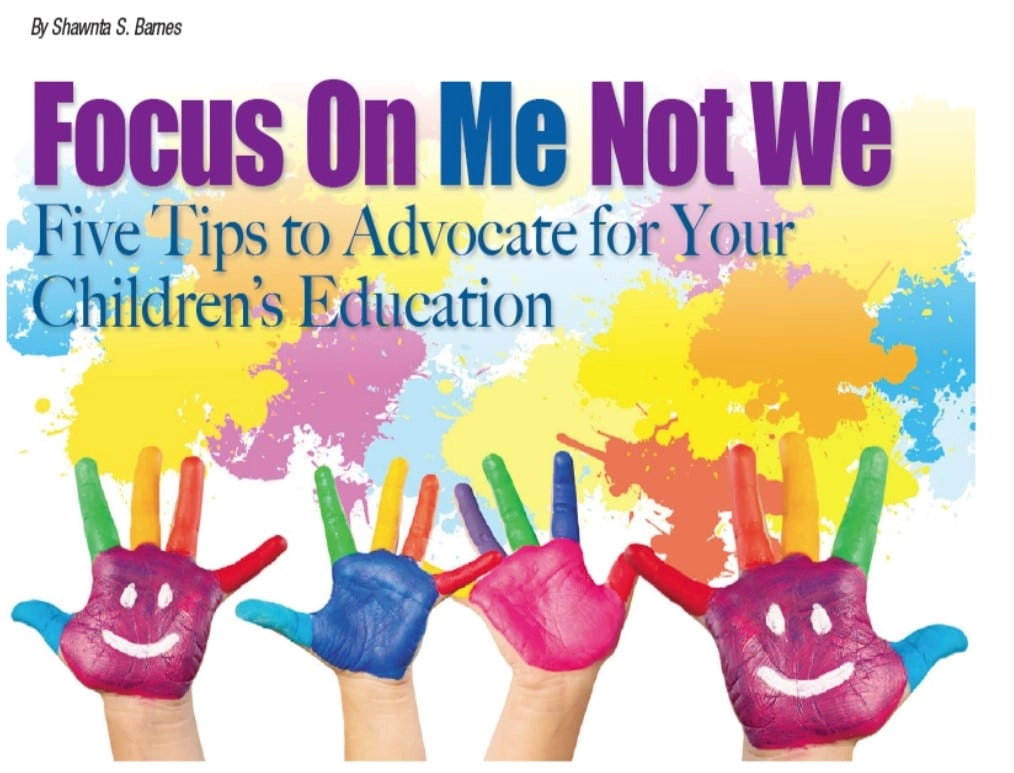By Janet Gonzalez-Mena
I sat in a filled auditorium waiting for a lecture on “The Link Between Thinking and Feeling.” The lecturer did not begin on time due to problems with the slide projector. The minutes crept by, and the audience grew restless.
Finally, the speaker walked to the lectern and commanded “Slides!” to his assistant.
The lights went out, but nothing happened. Tension grew. A light flashed on the screen and quickly flickered out… darkness again. Suddenly there was a loud crash as if 100 slides had spilled out onto the floor. The house lights went on, revealing a distressed assistant in the back of the room.
But our attention turned back to the front when the lecturer threw his notes down and stomped into the wings. The audience gasped and held its collective breath. Before we could let it out, the lecturer returned to the podium and asked, “Well, how are you feeling, and have you learned anything yet?”
I got the point immediately. The emotional overtones of the session had completely obliterated anything I might have gained from his lecture. He gave us a firsthand demonstration on how emotional climate affects the ability to take in and understand information.
Think of toddlers in the bathtub faced with a furious parent trying to teach a lesson about keeping the water inside the tub. What lesson do the children remember? It’s hard to tell. Think of toddlers who live in a household where angry feelings between parents are the rule. How does it affect them? Even a little lesson like staying off the coffee table changes when emotional overtones in the house are present.
Of course, all parents get upset about their children’s behavior and about each other’s behavior sometimes. However, it’s good to be aware that these feelings affect learning. If you’re furious about what your child did to her co-twin, for example, let her know that you won’t allow that behavior – but wait until you calm down to help her understand the situation. If you’re upset about rough treatment of the cat, stop it – but save the lesson on how to pet the cat for when the emotional climate is right.
It’s not easy for parents of toddlers to continually create an emotional climate that is conducive to learning. Toddlers can challenge their parents in ways that trigger emotional responses in even the most mild-mannered person.
A big shock for me as a parent came when I discovered how different toddlerhood is from fantasy. Those sweet, innocent babes that just lie there become walking balls of fire once they get up on their feet. And by 2 years of age, there’s no stopping them! Toddlers demand a different kind of parenting from what they needed as infants. They need parents who set limits and enforce them in a firm, but calm, way.
The Power of Firmness
Being firm is a real switch for many parents. Infants don’t call for firmness – but rather, responsiveness. Reading their signals and meeting their needs are the primary concerns. The question is, what are my babies trying to tell me, and how should I respond? Toddlers still have needs, of course, but those needs often lead them into behaviors their parents never even thought of! And besides having needs, they also make impossible demands. The best parental response in the face of a good deal of toddler behavior is firmness.
A firm but calm response is easier said than done. It’s very difficult to keep from losing one’s temper in the face of some 2-year-old behavior. How many parents are able to face toddler defiance and negativity calmly? It’s hard, but important, to create an emotional climate that is conducive to learning. If you understand that whatever you’re trying to teach the child is probably lost when you blow up, it may help keep you calmer. And worse – it isn’t just lost for the child who is the target of the anger, but probably for his co-twin as well.
I think of myself in the lecture hall. The speaker wasn’t furious with me, but with the assistant; however, the emotional climate between the two of them affected every single person in the auditorium in some way.
If you grew up in a family that saw fear or anger as a way to teach a lesson, remember that the emotional overlay of a situation is taken in along with the instruction.
For example, my first day as a community college teacher, I was quite nervous. I sat down to memorize my telephone extension and my office number. The numbers were similar; and in my confused and fearful state of mind, I never got them straight. After five years at that college, I was still looking up those numbers. When I tried to remember them, the feelings came back and got in the way.
So if you’re trying to get your toddlers to remember to hang-up their coats, don’t put an emotional overlay on the situation that brings fear or confusion. They may look at the hook, forget the coat, and recall only the feelings. At that moment, the lesson you intended to teach is lost!
Don’t Cry Over Spilled Milk
So what can you do to help keep the emotional climate at least neutral, if not positive? Here are four suggestions:
- Keep your perspective. It helps to remember that toddlerhood is a stage and it will pass. The negativity and defiance come because toddlers are working on issues of autonomy. They are trying out their power. Keep your perspective on the matter, and it may help you keep your temper.
- Save the lessons if you get too angry. Just get through the situation. Sit down afterwards with your child or children and reflect back on what happened. Talking about things when you have all calmed down helps.
- Keep out of power struggles. Sidestep a power struggle when you perceive that you’re headed into one. Don’t be as stubborn as your toddler; use your adult intelligence to figure out how to keep from bumping heads.
- Be aware of the possibility that your child (or children) may be seeking negative attention. Some children find that they can get parents to spend plenty of time and energy on them only if they misbehave. In a sense, they learn to misbehave. When that happens, parents must demonstrate that attention comes from positive behavior more readily than negative behavior.
Janet Gonzalez-Mena of Napa, California, has taught early childhood education at Napa Valley College. She is author of the book Dragon Mom, and the mother of five children.





